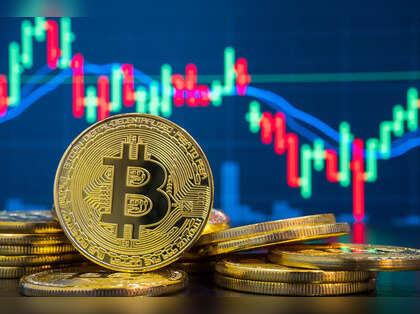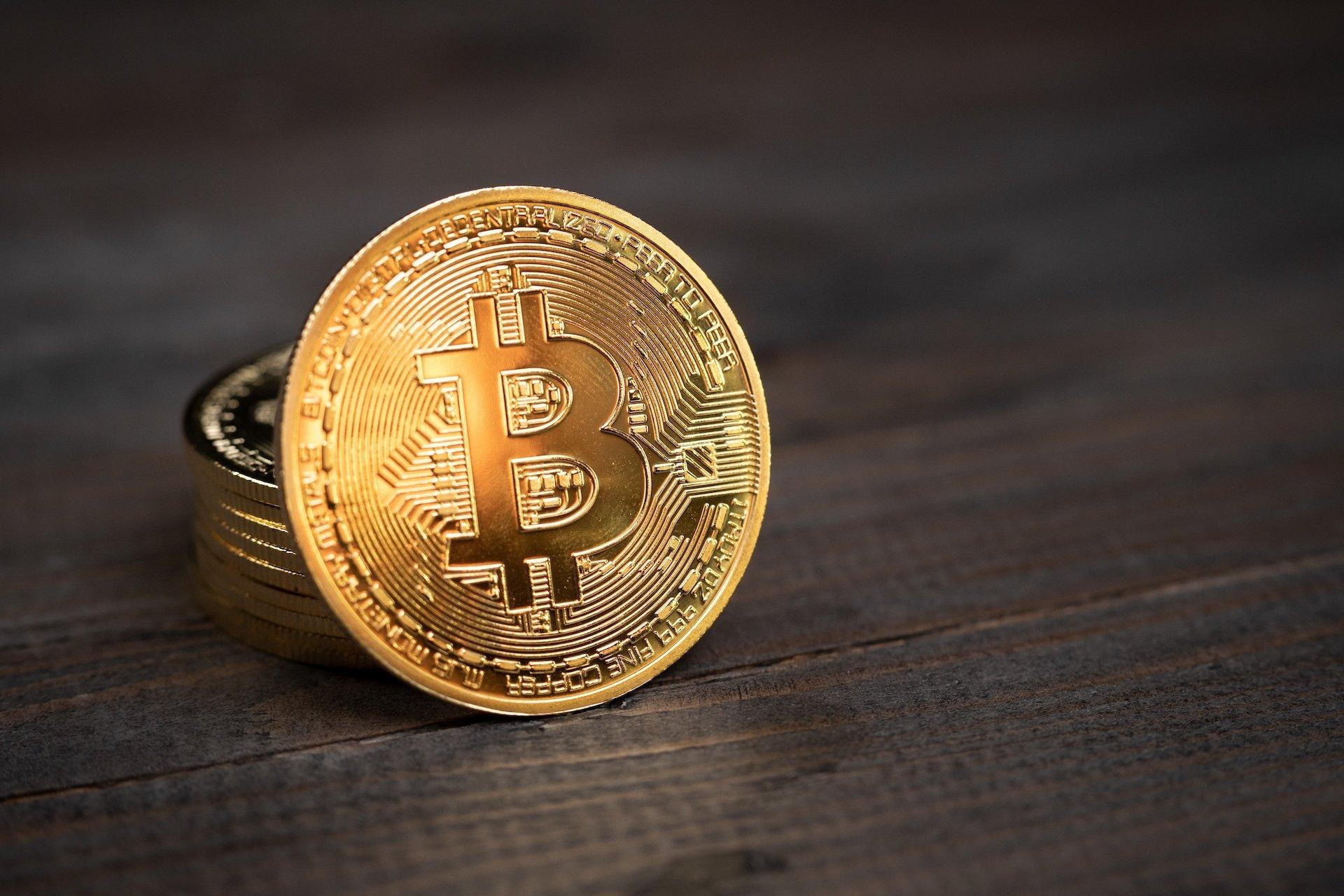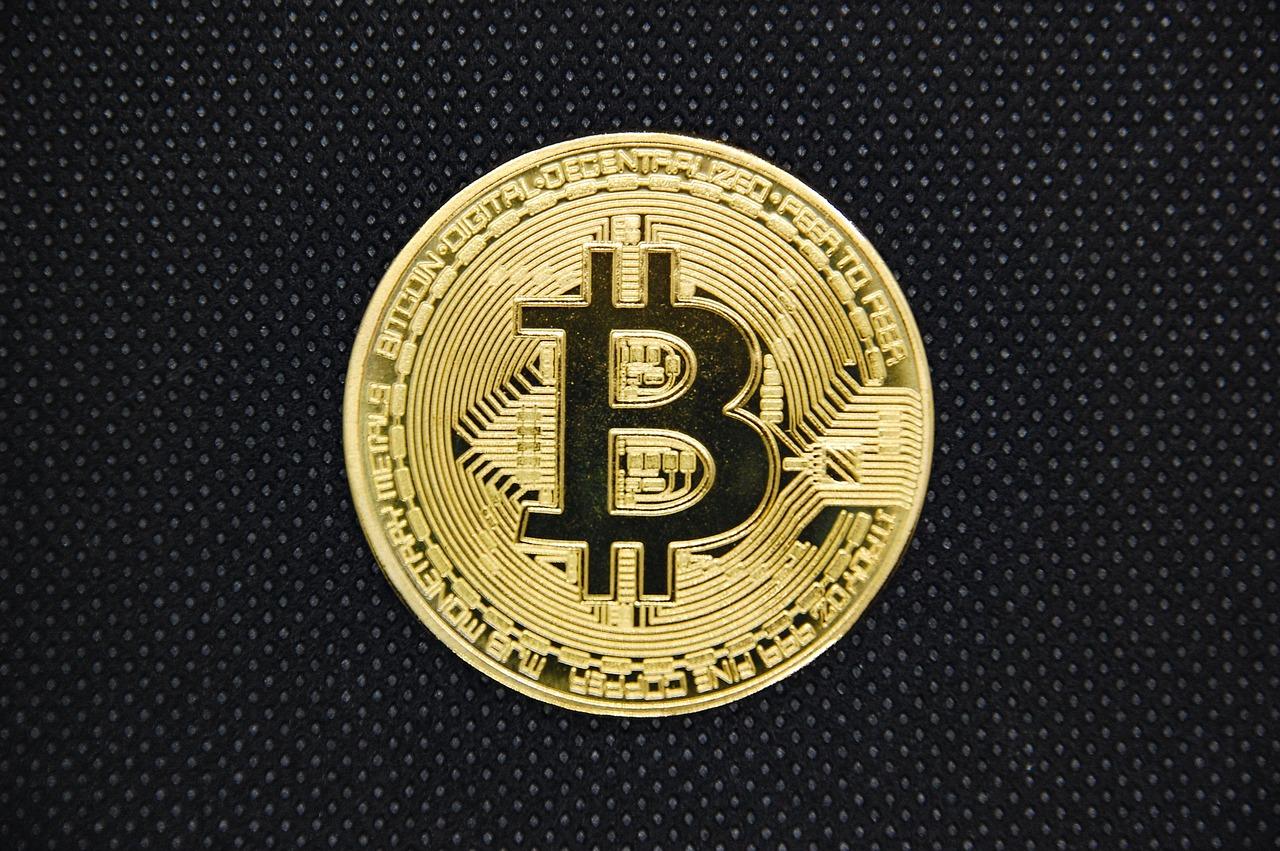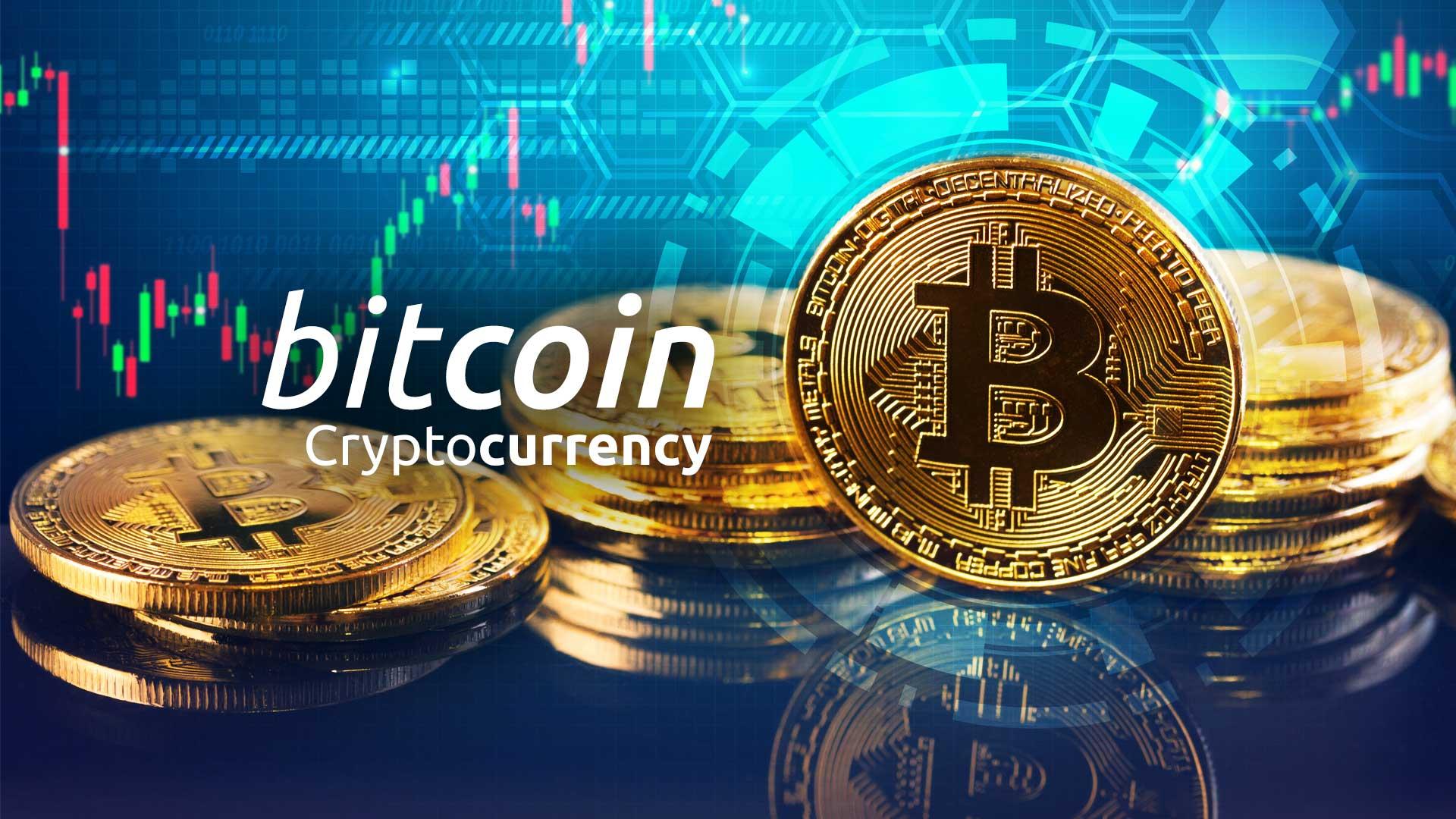In the ever-evolving landscape of finance and technology, few phenomena have captured public interest quiet like Bitcoin. Once dismissed as a fleeting trend, this digital currency has become a fixture in discussions about investment, innovation, and the future of money itself. As more individuals consider diving into the world of cryptocurrency, understanding the intricacies of Bitcoin becomes essential. Whether you’re a curious newcomer or a cautious observer, this guide is designed to illuminate the path ahead. From grasping the fundamental concepts of blockchain technology to navigating the complexities of wallets and exchanges, we’ll explore what you need to no before embarking on your bitcoin journey, ensuring that your first foray into this captivating realm is informed and empowered.
Understanding Bitcoin: Key Concepts and Terminology
Before embarking on your journey to purchase bitcoin, it’s crucial to familiarize yourself with some fundamental concepts and terminology associated with this leading cryptocurrency. Bitcoin operates on a decentralized network called the blockchain, which is essentially a public ledger that records all transactions in chronological order. This technology ensures transparency and security, giving users the ability to verify transaction history without the need for intermediaries.
Understanding wallets is equally vital. A cryptocurrency wallet is a digital tool that allows you to store, send, and receive bitcoin. There are several types of wallets, each with its own level of security and convenience:
- Hot Wallets: Connected to the internet, ideal for frequent transactions.
- Cold Wallets: Offline storage options,such as hardware wallets,providing enhanced security.
- Paper Wallets: Physical prints of your Bitcoin keys, offering a secure and offline method of storage.
Moreover, it’s essential to know the terms that frequently surface in discussions about Bitcoin. Here are a few key terms to grasp:
| Term | Definition |
|---|---|
| Mining | The process of validating transactions and adding them to the blockchain, rewarded with new Bitcoins. |
| Exchange | A platform where users can buy, sell, or trade Bitcoin for fiat currencies or other cryptocurrencies. |
| FOMO | Fear of missing out; a psychological trigger that can lead to impulsive buying decisions. |

Navigating the Risks: Security and Market Volatility
When considering your first Bitcoin purchase, it’s essential to understand both the security landscape and the inherent market volatility. One thing to remember is that the crypto market can change swiftly and dramatically. This volatility can lead to significant gains,but it also poses risks that every potential investor should weigh carefully.
To enhance your security while investing in Bitcoin, consider implementing these strategies:
- Use a reputable exchange: Choose platforms with strong security protocols and user reviews.
- Enable two-factor authentication (2FA): this adds an extra layer of protection to your account.
- Opt for cold storage: Keep your Bitcoin in hardware wallets rather than on exchanges to reduce the risk of theft.
Market sentiment can sway the price of bitcoin drastically. A sudden positive or negative announcement can send prices spiraling in either direction. To keep track of this volatility, here’s a simple table showcasing recent price fluctuations:
| Date | Opening Price | Closing Price | Change (%) |
|---|---|---|---|
| October 1, 2023 | $27,000 | $28,500 | +5.56% |
| October 15, 2023 | $28,500 | $25,000 | -12.28% |
| October 30, 2023 | $25,000 | $27,500 | +10.00% |
Being aware of these fluctuations, along with robust security measures, will equip you with the knowledge necessary to navigate the exciting yet risky world of Bitcoin investment. Each decision should be well-informed, notably given the unique dynamics that characterize cryptocurrency markets.

Choosing the Right Platform: exchange options and Fees
When it comes to entering the world of Bitcoin, selecting the appropriate exchange platform is crucial. With numerous options available, you’ll want to consider factors like user experience, security, and, most importantly, the fees associated with trading.Many exchanges offer a straightforward interface and enable easy buying and selling, but this simplicity frequently enough comes with varying fee structures that can impact your overall investment outcomes.Examine each platform diligently before making your decision.
Here are some essential fees you might encounter on different exchanges:
- Trading Fees: This is usually a percentage of the transaction. Make sure to compare different exchanges.
- Deposit Fees: Some platforms may charge fees for depositing funds.Look for ones that offer free deposits.
- Withdrawal Fees: Check if there are fees for withdrawing your Bitcoin,as this can vary considerably.
| Exchange | Trading Fee | Deposit Fee | Withdrawal Fee |
|---|---|---|---|
| Exchange A | 0.25% | Free | $2.00 |
| Exchange B | 0.15% | $1.00 | Free |
| Exchange C | 0.20% | Free | $0.50 |
In addition to fees, security features and customer support can heavily influence your experience with a platform. Look for exchanges that implement two-factor authentication, cold storage for assets, and a positive reputation among users regarding their customer service. It’s wise to read user reviews and research each platform’s history before committing to one. Proper due diligence will ensure that your initial Bitcoin purchase is both smooth and secure.

Best Practices for New Investors: Storage and Managing Investments
As a new investor venturing into Bitcoin, it’s crucial to adopt effective strategies for storing and managing your investments. The decentralized nature of cryptocurrencies makes them appealing but also necessitates strict security measures. Here are some best practices to consider:
- Use Hardware Wallets: Storing your Bitcoin on a hardware wallet ensures that your private keys are kept offline, protecting them from potential hacking attempts.
- Regular Backups: Regularly back up your wallet and store the backup in a secure location. Ensure you have multiple copies, preferably in different physical locations.
- Enable Two-Factor Authentication: For any exchange accounts or wallets, always enable two-factor authentication (2FA) to add an extra layer of security.
In addition to security measures, it’s equally critically important to monitor and manage your investments wisely. Keep an eye on market trends and adjust your portfolio as necessary. Establishing a strategy will help you navigate the often volatile cryptocurrency market:
- Diversification: Don’t put all your eggs in one basket. Consider diversifying your crypto portfolio to mitigate risks.
- Set Investment Goals: Clearly define your short-term and long-term investment goals. This will help keep your investment strategy aligned with your financial objectives.
- Stay Informed: Follow reputable sources of details regarding cryptocurrency trends, regulations, and market movements.
A helpful way to manage your investments is to keep a record of your transactions and portfolio performance. Here’s a simple table format to track your Bitcoin investments:
| Date | Transaction type | Amount (BTC) | Price (USD) | Notes |
|---|---|---|---|---|
| 2023-10-01 | Buy | 0.1 | $35,000 | Initial investment |
| 2023-10-15 | Sell | 0.05 | $40,000 | Profit taking |
| 2023-10-20 | buy | 0.02 | $45,000 | DCA strategy |
Q&A
Q&A: What to Know Before Buying Your First Bitcoin
Q1: What exactly is Bitcoin?
A: Bitcoin is a type of digital currency that operates on a decentralized network known as blockchain. Unlike customary currencies issued by governments (like dollars or euros), Bitcoin is not controlled by any central authority, making it a peer-to-peer system that enables users to send and receive payments directly over the internet.
Q2: Why should I consider investing in Bitcoin?
A: Investing in Bitcoin can offer various benefits, such as potential high returns, portfolio diversification, and a hedge against inflation. Though,it’s critically important to research and understand that it comes with high volatility and risks.Many see it as a digital gold, while others view it as a speculative asset.
Q3: How do I buy Bitcoin?
A: To buy Bitcoin, you typically need to set up an account with a cryptocurrency exchange, such as Coinbase, Binance, or Kraken. After verifying your identity, you can link your bank account or credit card and purchase Bitcoin directly. Some exchanges also allow you to trade other cryptocurrencies for Bitcoin.
Q4: What should I consider when choosing a wallet for my Bitcoin?
A: Choosing the right wallet involves understanding your security preferences and how much you plan to invest. There are two main types of wallets: hot wallets (online and convenient but more vulnerable to hacks) and cold wallets (offline and more secure). Consider factors like ease of use, security features, and whether you want immediate access to your funds or long-term storage.
Q5: Is it safe to invest in bitcoin?
A: Safety in Bitcoin investing is relative. While blockchain technology itself is highly secure, the marketplace can be fraught with risks, including cyber attacks, scams, and market fluctuations. Practicing proper security measures—like using two-factor authentication, keeping your wallet information confidential, and only investing what you can afford to lose—are essential steps to safeguard your investment.
Q6: What are the tax implications of buying Bitcoin?
A: In many countries, Bitcoin is treated as property for tax purposes.This means that selling or trading Bitcoin can lead to capital gains tax obligations. It’s crucial to keep accurate records of your transactions and consult a tax professional to understand the specific regulations that apply to you.
Q7: Should I invest all at once, or is dollar-cost averaging a better approach?
A: Dollar-cost averaging (DCA) can be a beneficial strategy, especially in a volatile market like Bitcoin. DCA involves investing a fixed amount of money at regular intervals rather than all at once. This approach can help mitigate the impact of market volatility and potentially lower your average cost over time.
Q8: What happens if I lose access to my Bitcoin wallet?
A: Losing access to your wallet can be devastating, as there is currently no way to recover lost Bitcoin without the recovery phrase or private keys. This emphasizes the importance of safeguarding your wallet’s access credentials and backing them up securely.
Q9: How do I know if the price is right to buy Bitcoin?
A: Timing the market can be incredibly challenging. Researching market trends, reading expert analyses, and keeping informed about news in the crypto space can definitely help you make more informed decisions. However, remember that Bitcoin’s price is notoriously volatile, and it’s often best to focus on your long-term investment goals rather than trying to time short-term price movements.
Q10: What’s the most critically important thing to remember before buying Bitcoin?
A: The most crucial takeaway is to do your research and understand what you are investing in. Bitcoin can be an exciting investment chance, but it also comes with inherent risks. Stay informed,be cautious,and only invest what you can afford to lose. Balance is key in navigating this brave new world of cryptocurrency.
Concluding Remarks
As you embark on your journey into the world of Bitcoin, it’s essential to approach it with both excitement and caution. The potential of this digital currency is vast, but so are the complexities that come with it. By arming yourself with knowledge—understanding the technology, the market dynamics, and the importance of security—you’ll be better prepared to make informed decisions.
Remember,Bitcoin isn’t just a financial investment; it’s part of a broader evolution in how we perceive and engage with money. Whether you’re envisioning a long-term hold or thinking about trading, the key is to stay informed and remain adaptable in this fast-paced habitat.
As you take your first steps into the realm of cryptocurrency, keep your goals clear and your mind open. The world of Bitcoin is as much about finding as it is indeed about value. Approach it thoughtfully, and it can be a rewarding addition to your financial journey. Welcome to the future—may it be enlightening and prosperous!
